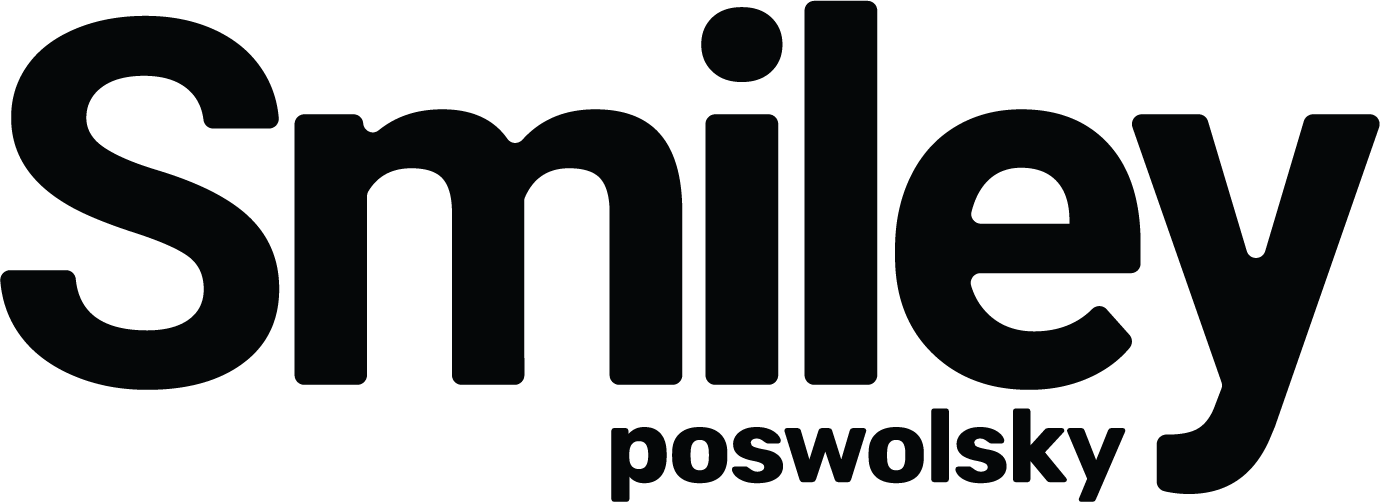How to Lead with Curiosity in Turbulent Times
If you want to thrive in turbulent times, make belonging your leadership superpower.
Three ways to do that at work:
𝟏. 𝐋𝐞𝐚𝐝 𝐰𝐢𝐭𝐡 𝐜𝐮𝐫𝐢𝐨𝐬𝐢𝐭𝐲
𝟐. 𝐁𝐞 𝐚 𝐛𝐫𝐢𝐝𝐠𝐞 𝐛𝐮𝐢𝐥𝐝𝐞𝐫
𝟑. 𝐏𝐫𝐢𝐨𝐫𝐢𝐭𝐢𝐳𝐞 𝐡𝐮𝐦𝐚𝐧 𝐜𝐨𝐧𝐧𝐞𝐜𝐭𝐢𝐨𝐧 𝐢𝐧 𝐚𝐧 𝐀𝐈 𝐰𝐨𝐫𝐥𝐝
𝟏. 𝐋𝐞𝐚𝐝 𝐰𝐢𝐭𝐡 𝐜𝐮𝐫𝐢𝐨𝐬𝐢𝐭𝐲
I had the opportunity to interview my friend Scott Shigeoka for the launch of his book, SEEK: How Curiosity Can Transform Your Life and Change the World, and I believe his work could not be more essential in today's disconnected and polarized workplace. Scott has been called "The Brené Brown of Curiosity," and for good reason.
Scott contrasts shallow vs. deep curiosity, saying, "Deep curiosity isn’t a superpower for you to use to change others; it’s a path to help you grow into a new version of yourself."
Scott shares his DIVE Model for expanding curiosity:
● Detach — Let go of your ABCs (Assumptions, Biases, Certainty)
● Intend — Prepare your mindset and setting
● Value — See the dignity of every person—including yourself
● Embrace — Welcome the hard times in your life
𝟐. 𝐁𝐞 𝐚 𝐛𝐫𝐢𝐝𝐠𝐞 𝐛𝐮𝐢𝐥𝐝𝐞𝐫
Scott reminds us that bridging differences isn't about persuasion, or even about building consensus, it's about seeking to understanding someone else's perspective. Being a bridge builder starts with a recognition of common humanity, it requires humility, it's about inner work as much as it is about taking action, and it's often about making small, incremental shifts over time.
𝟑. 𝐏𝐫𝐢𝐨𝐫𝐢𝐭𝐢𝐳𝐞 𝐡𝐮𝐦𝐚𝐧 𝐜𝐨𝐧𝐧𝐞𝐜𝐭𝐢𝐨𝐧 𝐢𝐧 𝐚𝐧 𝐀𝐈 𝐰𝐨𝐫𝐥𝐝
Hurry up and slow down. According to Microsoft, 60% of employees lack the time or energy to due their job and 70% don’t have enough uninterrupted focus time to learn the AI skills that would make them better at their job in the first place. Putting people first means giving people time to connect, play, and learn together.
𝐓𝐚𝐤𝐞 𝐚𝐜𝐭𝐢𝐨𝐧
One practical tip is to start having Curious Conversations in team meetings, whether you are in-person, hybrid, or remote. Whenever a new project or initiative is being discussed, create space for your employees to share what's coming up for them, inviting their concerns, doubts, and fears. Instead of shutting down someone's concerns, say "Tell more more" to better understand their perspective.
𝐆𝐞𝐭 𝐑𝐞𝐬𝐨𝐮𝐫𝐜𝐞𝐬
-SEEK by Scott Shigeoka
-BRIDGING DIFFERENCES PLAYBOOK by Scott Shigeoka, Jason Marsh, and The Greater Good Science Center at University of California, Berkeley
-THE WORKPLACE BELONGING TOOLKIT by Smiley Poswolsky
Thank you for spreading human connection at work and beyond!
-Smiley :)
This post was originally published on my Substack Newsletter on November 12, 2024.
